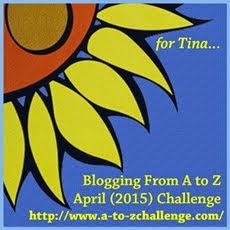
It’s been busy times, a Hell of a lot to do at work. That’s why my blog has been dead recently.
I’ve been working day and night for the last couple of weeks, to finish the stuff we have promised to finish before the end of the first quarter of 2012. That’s the kind of things that managers measure.
Now I’m looking forward to Easter vacation, going skiing as usual.
I’m not very concerned about the religious part of it, but I think the Christians should stop talking shit about Judas. He’s the 2nd most important person in Christianity. What would Jesus been without the acts of Judas? Just imagine Jesus dying in loneliness, from old age in a dark and dusty cabin.
Judas was an important part of the plot, the antagonist who betrayed the hero. Without him the entire story would fall apart; no crucifiction, no suffering, no resurrection. Jesus and Judas had equally important roles in God’s plan, for those who believe in the story.
I think it was just an effective twist of a good fiction writer who knew his craft, almost 2000 years ago.
Anyway, I thank Judas for the annual skiing vacation he gave us, and after Easter, I hope my blog will resurrect.
Happy Easter Holidays >:)
(I got the Easter egg in the picture from my boss today. The egg was on the desk in my office when I came to work this morning. Nice boss, good candy.)







